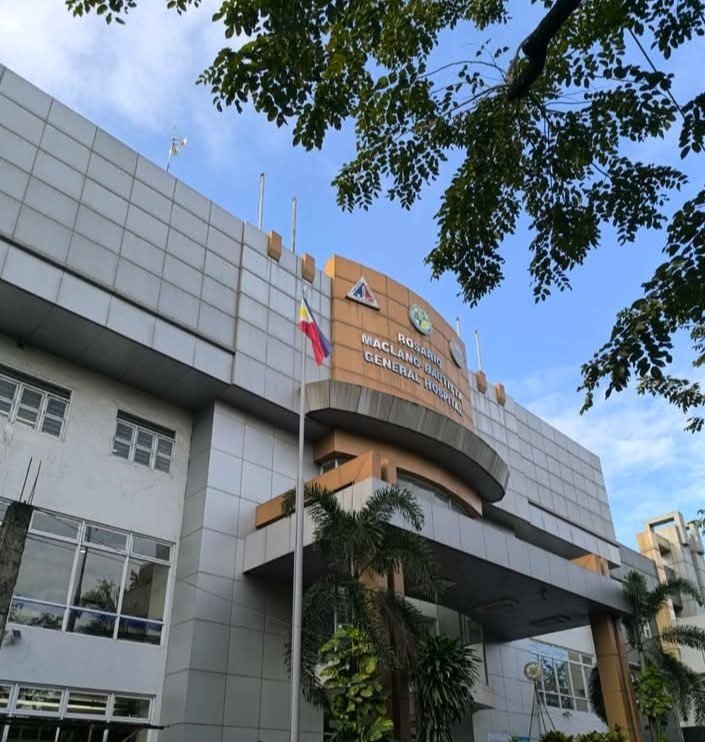
THE Bureau of Immigration (BI) warned that scam hubs abroad operating in the guise of online gambling or call centers continue to recruit Filipinos via social media.
BI Commissioner Joel Anthony Viado issued the warning after receiving another report from the BI’s Immigration Protection and Border Enforcement Section (I-PROBES) who intercepted five victims – four males and one female – at the Ninoy Aquino International Airport (NAIA).
The victims were reportedly lured into working for a scam hub in Cambodia.
The report stated that the individuals initially presented themselves as tourists bound for Hong Kong aboard a Cebu Pacific flight at NAIA Terminal 3 last February 15.
They all claimed to be working in popular restaurants or establishments in the Philippines, and entered the immigration area in two separate groups, pretending they did not know each other.
However, officers found suspicious documents and referred them for further inspection.
Upon secondary interview, the passengers admitted that, after arriving in Hong Kong, they were told that they will transfer to a flight to Cambodia, where they were to be employed by a business process outsourcing (BPO) company.
One of the victims admitted that he did not know that they were recruited for scam hubs, and had no idea what cryptocurrency is.
The victim said that he was compelled to agree to the scheme to be able to support his sick family member.
The victims admitted to have been offered P30,000 to P50,000 as monthly salary, with free board and lodging.
BI Commissioner Joel Anthony Viado cautioned the public against scam hubs in various Asian countries that recruit Filipinos for supposed call center jobs. These operations deceive job seekers with attractive salary offers, only for them to be coerced into running online fraud schemes, including cryptocurrency scams, under exploitative and abusive conditions.
“We urge Filipinos to thoroughly verify overseas job offers, especially those that promise unusually high salaries,” Viado emphasized. “Many of these so-called customer service roles are actually covers for large-scale scam networks that take advantage of unsuspecting workers.”
Viado noted that most victims were recruited through social media platforms, particularly Facebook, where they were enticed by job postings in groups labeled as “POGO work abroad.”






